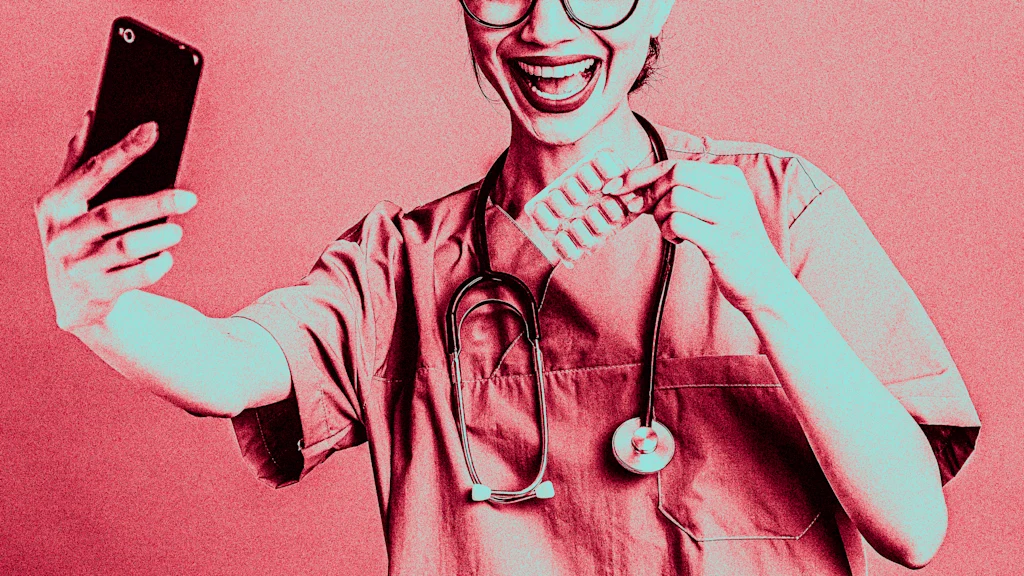
"where it's easy to connect with others who have relatable voices or similar stories. The default ways we explored our symptoms in the past, i.e., by seeing a doctor or referencing a handful of known credible sources, are no longer the primary ways people are getting their health information. They're following influencers to understand everything from "hormone balancing" hacks to what it's like living with Type 1 diabetes or managing postpartum depression."
"They can also be used to raise awareness and create supportive communities. With such high stakes, brands can't afford to stay on the sidelines. Healthcare needs a different influencer playbook Healthcare has been slower to embrace influencer marketing as a tactic-and there are plenty of good reasons why. It's inconvenient when a new lipstick advertised by your favorite beauty influencer disappoints. Maybe the experience hurts the brand's reputation a bit, too."
Most people follow health advice from peers and relatable voices rather than medical journals or doctors, often finding information on Instagram, YouTube, Facebook, and other platforms. Social platforms enable connections with people who share stories about hormone hacks, living with Type 1 diabetes, or managing postpartum depression. These peer-driven conversations can raise awareness and build supportive communities while also risking misinformation, oversimplified treatments, and viral trivialization of serious choices. Healthcare brands cannot ignore these spaces because poor advice can cause real harm, exemplified by influencers promoting debunked "miracle cures." A new influencer strategy must balance authenticity, safety, and credibility.
Read at Fast Company
Unable to calculate read time
Collection
[
|
...
]